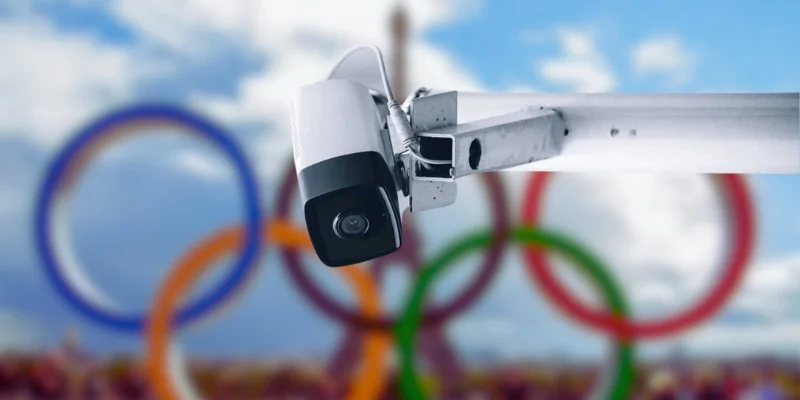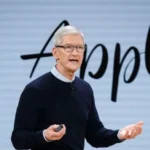This week, a new artificial intelligence-powered camera system will go through its first big tests during two Depeche Mode performances in Paris. The cameras, designed for the 2024 Paris Olympics, can detect suspicious behavior in large groups in real time.
The six cameras put in and around the musical arena will watch movements throughout the event for signs of congestion, abandoned packages, weapons, and other dangers. French police plan to test the system’s crowd control capabilities before using it at the Olympic Games next summer.
AI surveillance is compliant with French rules, allowing sporting venues to use AI. That app was created in response to the turmoil that occurred during the 2022 Champions League final, which was also held in Paris.
Nonetheless, privacy advocates have expressed worries about the systems’ surveillance capabilities in public places. Proponents argue that AI surveillance will improve safety due to its ability to thoroughly assess settings.
AI’s growing presence is visible in a variety of businesses, including reality-based performances. Defense is one of the areas incorporating increasing automation, with the US military recently implementing artificial intelligence to detect battlefield targets. AI has also been employed in entertainment, as evidenced by actor Tyler Perry’s decision to suspend a studio project after realizing AI could make video material.
So, while disagreements over appropriate use remain, AI’s continued integration across important economic sectors appears unavoidable. As engineers refine capabilities, ethical concerns like transparency and prejudice must be addressed in order for technology to proceed ethically.













